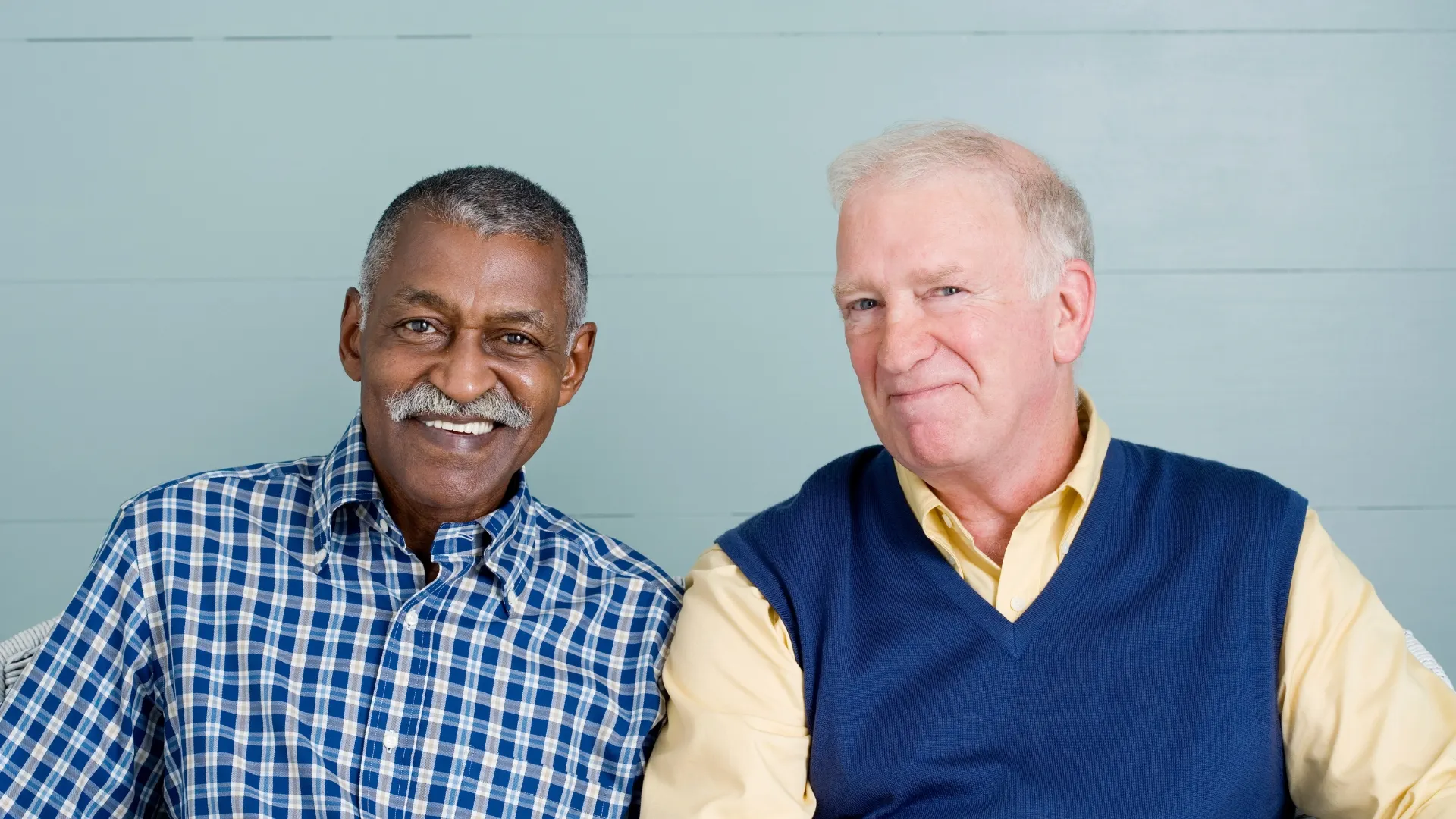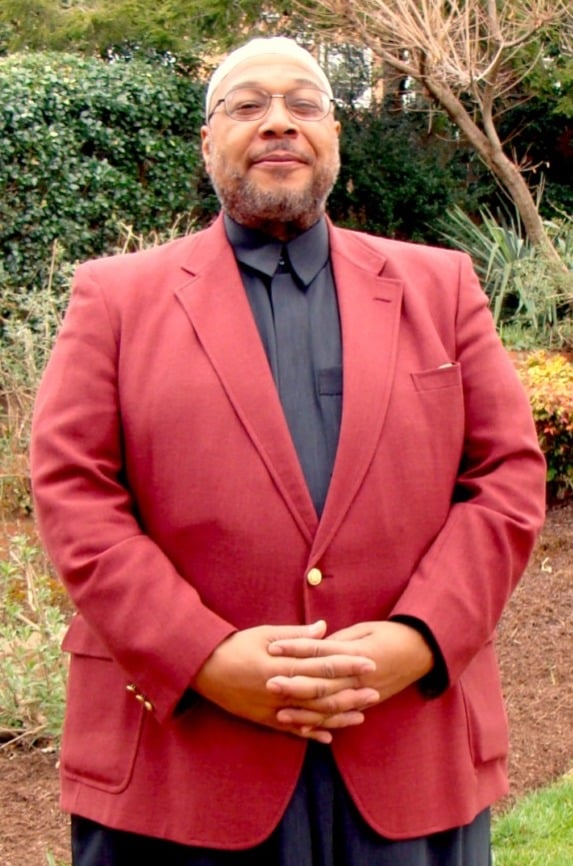Aging is a natural biological process influenced by genetics, lifestyle, and environmental factors - all of which result in cumulative physical and physiological changes over time.
One of those changes is hormones. Aging involves declining hormone production, leading to physical and emotional shifts.
Sex hormones like estrogen and testosterone decrease, contributing to various age-related symptoms and changes.
Aging in men involves declining testosterone levels, resulting in reduced muscle mass, bone density, and energy, along with potential sexual dysfunction and mood changes.
In this short guide, I intend to dive deeper into these areas.
The Aging Process
The aging process is a gradual, inevitable transformation that affects the human body and mind over time. It is a complex interplay of genetic, environmental, and lifestyle factors.
Common changes include wrinkles, reduced muscle mass, decreased bone density, and diminished sensory functions.
Cognitive abilities may decline, and chronic health conditions can become more prevalent. Emotional and social dynamics also shift as relationships evolve.
Adaptations and challenges vary among individuals, but aging is a universal and multifaceted experience.
Hormones and Aging
Hormones play a crucial role in the aging process. As we age, there is a natural decline in hormone production, particularly in sex hormones like estrogen and testosterone.
This can lead to various physical and psychological changes, such as reduced bone density, muscle mass, and sexual function.
Hormonal imbalances can also contribute to symptoms like hot flashes and mood swings.
Managing hormone levels through therapies or lifestyle adjustments can alleviate some age-related effects but does not halt the aging process.
Hormones and Aging Men
In men, the aging process involves a significant hormonal shift. Testosterone, the primary male sex hormone, gradually declines with age, leading to various physical and emotional changes.
This hormonal decline can result in reduced muscle mass, bone density, and energy levels. Men may also experience sexual dysfunction, mood swings, and decreased cognitive function.
While hormonal replacement therapy is an option, it does not halt the overall aging process and comes with potential risks. Individual experiences with hormonal changes can vary.
Aging Gracefully
Aging gracefully is about maintaining physical health through regular exercise and a balanced diet. Prioritizing mental well-being, staying socially engaged, and learning new skills help.
Adequate sleep, managing stress, and protecting skin from sun damage contribute to a graceful aging process, fostering a positive outlook and contentment in later years.
I also truly believe having spirituality in your life can make all the difference. Believing in something bigger than you will only bring you a peace of mind as it allows you to let go and surrender.
By surrendering fears, you will discover that your stress levels are lower, which drastically helps you with the aging process, including preventing numerous ailments.
Conclusion
The aging process is a multifaceted transformation, influenced by genetics, lifestyle, and environment. Hormones, particularly testosterone in men, decline with age, causing physical and emotional changes.
These shifts include reduced muscle mass, bone density, and energy, along with potential sexual dysfunction and mood swings.
While hormonal therapies exist, aging is an inevitable and individualized journey, with various experiences and adaptations.
Understanding the hormonal changes in aging is essential for addressing age-related symptoms and improving overall well-being.


